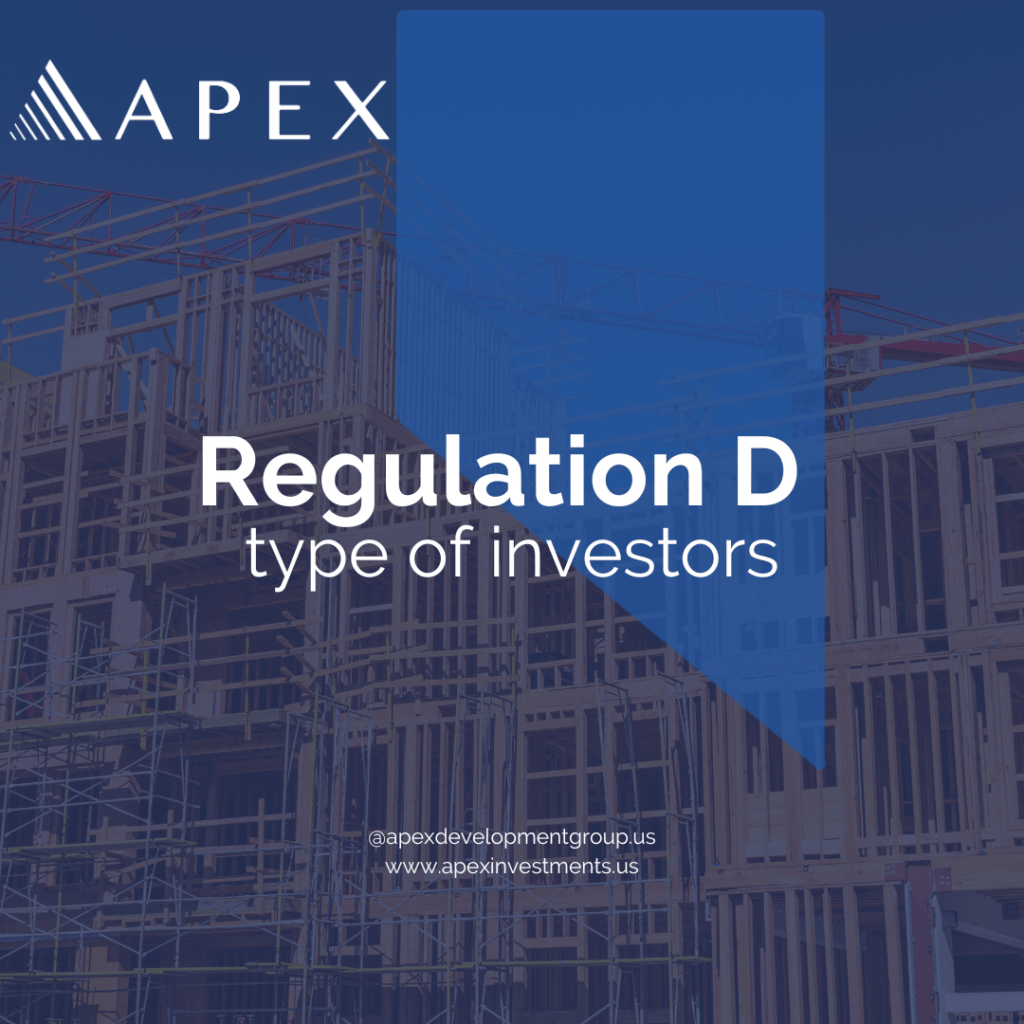
Regulation D type of investors
While Regulation D empowers companies to attract capital through Rule 506(b) and 506(c) exemptions, simply demonstrating the necessary investment capital doesn’t guarantee an investor’s entry into the SPV). Type of investors becomes a crucial factor, as only accredited or non accredited, but sophisticated, individuals meeting the SEC’s stringent income or net worth requirements are eligible to participate.
Accredited investors
There are two profiles that can qualify as an accredited investor, it can be a “retail” investor (natural person) or an institutional company. Each of these figures must fit some criteria:
Accredited Retail Investor
For being an accredited retail investor, the person must fit in one of these conditions:
- Have an individual net worth or joint net worth with their spouse (or spousal equivalent) that exceeds $1M.
- Being a Natural person who individually earned $200,000 dollars in each of the two most recent years, or jointly with their spouse, earned over $300,000 in each of those years.
- Natural persons with Series 7, 65 or 82 securities licenses*.
- A director, executive officer, or general partner of the company selling the securities.
- A “knowledgeable employee” which has a wide definition of a private fund.
*more info: https://www.sec.gov/corpfin/amendments-accredited-investor-definition-secg
Accredited Institutional investor
To qualify as an accredited institutional investor, one of these criteria must be fitted:
- Any Bank, insurance company, registered investment company, business development company or small business investment company, SEC and state-registered investment advisers, exempt reporting advisers, and any rural business investment companies (RBICs).
- An employee benefit plan qualifies if investment decisions are made by a bank, insurance company, or registered investment adviser. Alternatively, the plan is eligible if it possesses total assets exceeding $5M.
- A charitable organization, corporation, or partnership with assets exceeding $5M.
- A business in which all the equity owners are accredited investors.
- Businesses, including Indian tribes, governmental bodies, funds, and entities organized under foreign laws, with assets surpassing five million dollars and owning investments exceeding $5M and that was not formed for the specific purpose of investing in the securities offered.
- A trust with assets in excess of $5M.
- A “Family office” with at least $5M in assets under management.
Non-Accredited Investor
Not all entities, whether business or legal, qualify as accredited investors. Those who fall outside this defined category must undergo qualification as non-accredited investors. However, mere financial resources are not sufficient for non-accredited investor status. The individual or entity must demonstrate characteristics indicative of a sophisticated investor. This requirement applies in the following situations:
The person has such knowledge and experience in financial matters that they can evaluate the merits and risks of an investment in the company.
Has a professional advisor with knowledge and experience that has reviewed the Offering Package and has approved an investment based on his/her professional experience.
In conclusion, understanding the intricacies of Regulation D and the classifications of investors under Rule 506 (b) and 506 (c) is vital for companies seeking to raise capital. Accredited investors, whether retail or institutional, play a crucial role in these fundraising ventures, meeting specific criteria that verify their financial capability and sophistication. Non-accredited investors, while not meeting the stringent criteria of accredited status, can still participate if deemed sophisticated, supported by a level of knowledge and experience, or guided by a professional advisor.
By navigating these regulatory frameworks and delineating investor categories, companies can foster transparency, compliance, and trust in their fundraising efforts. It is essential for all stakeholders to be informed in the regulatory landscape to facilitate a seamless and legally sound capital-raising process.
As market dynamics evolve, staying informed about updates to Regulation D and related definitions is imperative. Companies should remain vigilant in adapting to regulatory changes and seek professional guidance to ensure continued compliance.
